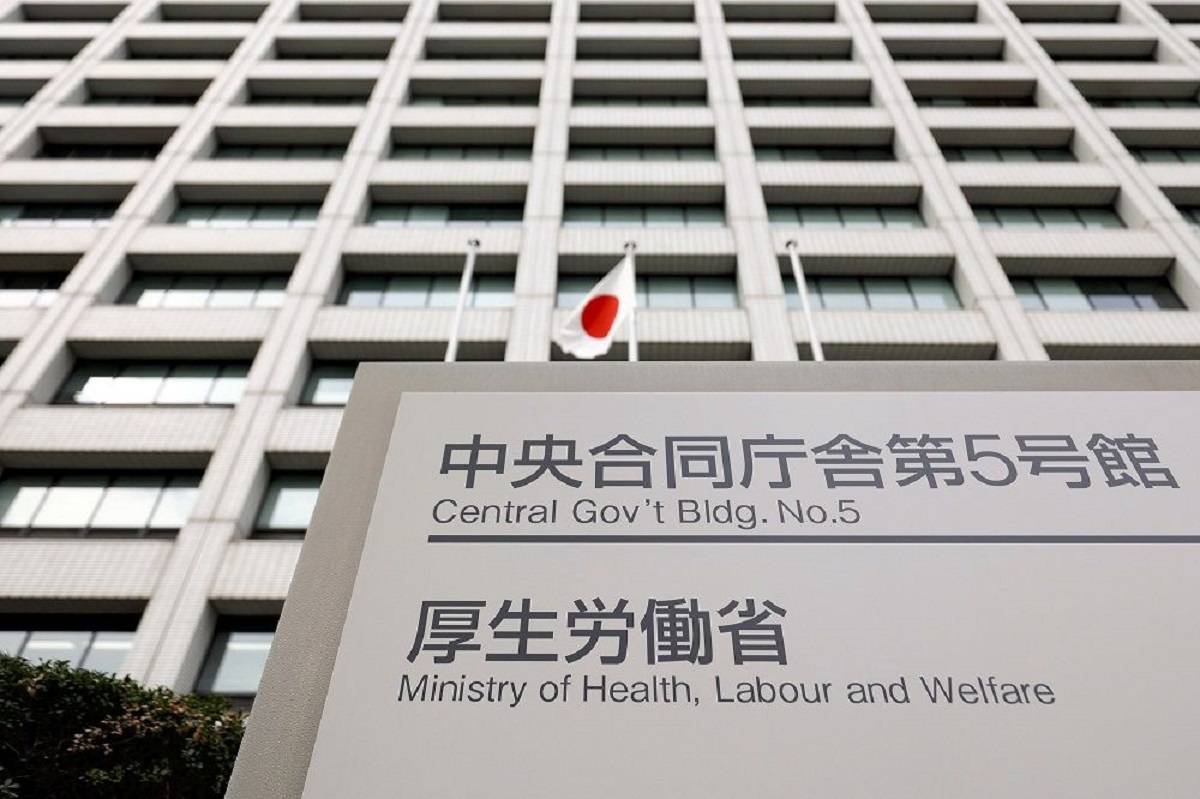
The Health, Labor and Welfare Ministry
16:11 JST, June 28, 2023
The government will launch a full-scale survey this fiscal year to monitor the presence of the novel coronavirus in sewage.
The Health, Labor and Welfare Ministry aims to quickly identify increases in infections and, through such measures as the detection of variants, strengthen the COVID-19 monitoring system to prepare for future waves of cases.
As the coronavirus can be detected in the feces of infected people, it is said to be possible to determine the infection situation in a particular region or location by checking the virus levels in the sewage system. Specimens do not need to be collected from individual people.
The survey will be conducted at at least 10 sewage treatment plants managed by local governments nationwide. A research team consisting of university professors and other experts, as well as local government officials, will be in charge of the survey.
Specifically, the team will analyze the concentration of the virus in the collected sewage and study the correlation between the results and the infection situation in areas where the plants are located. Local public health institutes in municipalities with jurisdiction over the areas will also cooperate in the efforts.
The survey results will be reported to the ministry as needed, and be used to understand the infection situation in each region and to detect variants. The ministry will subsidize the expenses of the research team, and will cooperate with the Land, Infrastructure, Transport and Tourism Ministry, which has jurisdiction over sewage systems.
The infectious disease subcommittee of the Health Sciences Council, an advisory body to the health minister, said in an opinion paper issued in January that “getting a clear picture of the emergence of infections remains important,” since infections are likely to continue even after COVID-19 was downgraded to Category V under the Infectious Diseases Law.
The ministry is set to take all possible measures against not only COVID-19, but also other infectious diseases.
Last fiscal year, the Cabinet Secretariat conducted a pilot project to ascertain the presence of the novel coronavirus in sewage at wastewater treatment plants managed by local governments, childcare facilities, medical institutions and elderly care homes.
According to a report based on the study results and released in spring, getting a clear picture of infections through the survey of sewage can be used to alert residents to infections and help municipalities improve their anti-infection measures.
The report particularly emphasized that alerting residents by publicizing the study results is “one of the most important measures to be utilized.”
Top Articles in Society
-

Man Infected with Measles Reportedly Dined at Restaurant in Tokyo Station
-

Man Infected with Measles May Have Come in Contact with Many People in Tokyo, Went to Store, Restaurant Around When Symptoms Emerged
-

Woman with Measles Visited Hospital in Tokyo Multiple Times Before Being Diagnosed with Disease
-

Australian Woman Dies After Mishap on Ski Lift in Nagano Prefecture
-

Foreign Snowboarder in Serious Condition After Hanging in Midair from Chairlift in Nagano Prefecture
JN ACCESS RANKING
-

Japan PM Takaichi’s Cabinet Resigns en Masse
-

Japan Institute to Use Domestic Commercial Optical Lattice Clock to Set Japan Standard Time
-

Israeli Ambassador to Japan Speaks about Japan’s Role in the Reconstruction of Gaza
-

Man Infected with Measles Reportedly Dined at Restaurant in Tokyo Station
-

Videos Plagiarized, Reposted with False Subtitles Claiming ‘Ryukyu Belongs to China’; Anti-China False Information Also Posted in Japan






















